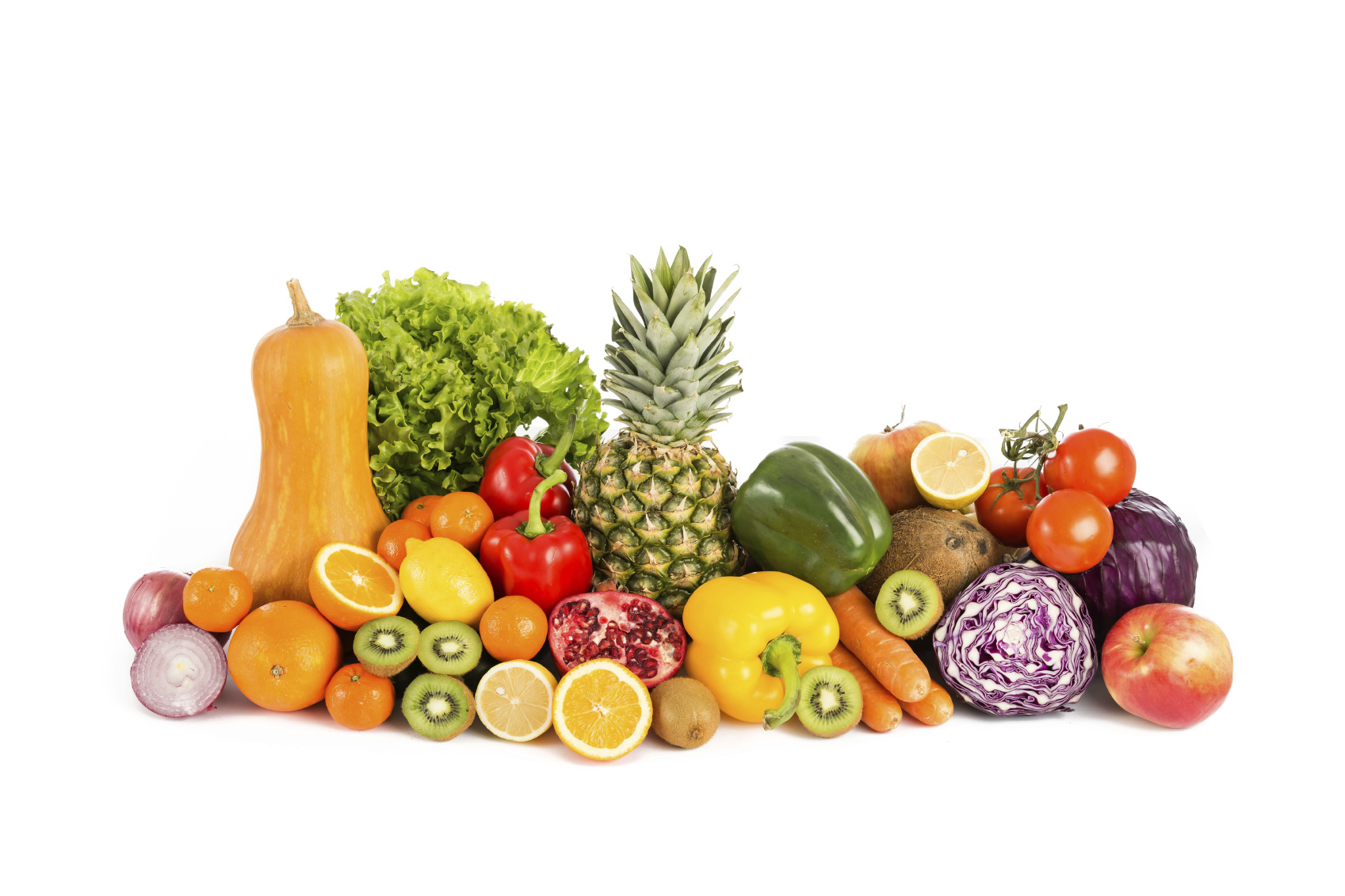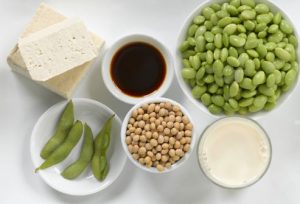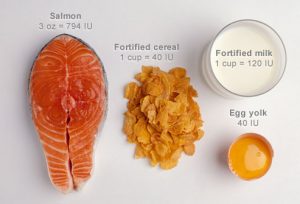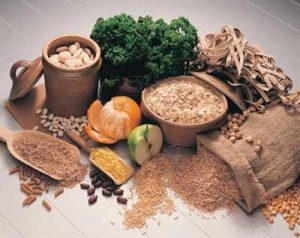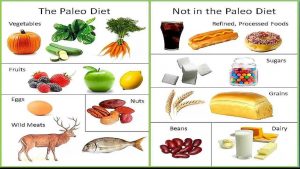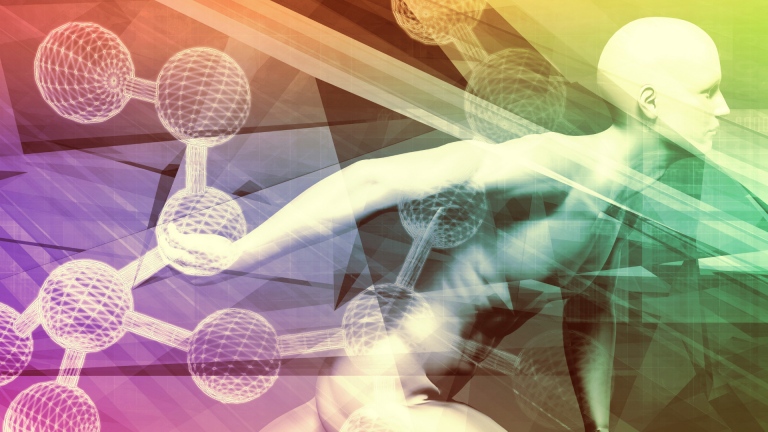Hormone and Diet
Hormone and Diet, We all know hormone levels decline as we age. Although this is part of normal aging, there are several ways lifestyle decisions that you can make to improve your health and optimize your hormone levels. In the first article in this series, we described the importance of exercise as part of a healthy lifestyle. This week, we discuss how your diet can affect your Hormone and Diet levels and reduce the symptoms of aging-related diseases.
https://www.youtube.com/watch?v=uIsx8LJgjxQ
The Effects of Dysregulated Hormone Levels and How to Fix Them
Several Hormones and Diet are essential for maintaining a healthy metabolism and immune system, and allowing levels to fall too low or climb too high has a series of negative consequences. However, many natural ways exist to alter hormone levels without using pharmaceuticals.
The problem: Estrogen is critical for female fertility and reproduction. When levels fall too low, it results in low libido, altered menstrual cycle, mood swings, and depression.
The dietary solution: Although estrogen cannot be obtained from the diet, phytoestrogens are a family of compounds in some foods. They exhibit weak estrogen-like effects. Good sources of phytoestrogens are soy and flaxseed. For example, soy’s isoflavones (phytoestrogen) were reported to reduce symptoms and improve postmenopausal women’s health and quality of life [1]. Of course, too much soy can lead to unwanted estrogen-like effects, so it is essential to consume it in moderation.
The problem: Testosterone is the primary male sex Hormone and Diet. Low testosterone levels lead to increased fat mass, reduced muscle mass, erectile dysfunction, low libido, fatigue, and depression.
The dietary solution: Several dietary supplements have been linked to increased testosterone levels. For example, low vitamin D levels are associated with hypogonadism, and increasing vitamin D levels could increase testosterone levels [2]. Vitamin D-rich foods include fatty fish such as tuna and salmon, egg yolks, and beef liver, and vitamin D-fortified foods, including milk and cereals.
The problem: Insulin is a critical metabolic hormone that regulates fat, protein, and carbohydrate metabolism and promotes the absorption of glucose from the circulation into muscle, fat, and the liver. Insulin levels that are too high lead to hyperinsulinemia, which is the cause of a number of metabolic diseases such as diabetes, hypertension, and obesity. Conversely, hypoinsulinemia, or low insulin levels, can lead to weight gain, poor concentration, fatigue, and a lack of motivation.
The dietary solution: The best way to prevent insulin-related symptoms is to reduce your risk of insulin resistance. This includes not consuming excess calories and selecting complex carbohydrates. For example, avoid refined products such as white bread and pasta, and instead select whole grain breads, beans, bran, lentils, vegetables, and oats.
The problem: Cortisol is a stress Hormone secreted by the adrenal glands; it plays a crucial role in the fight or flight response. Although this is a critical Hormone and Diet, excess circulating levels can lead to increased stress, hypertension, and obesity. This can be particularly problematic in peri- and postmenopausal women, who are already more susceptible to obesity.
The dietary solution: Alcohol and caffeine can both increase cortisol secretion. Therefore, these products should be avoided if you are under chronic stress or peri- or postmenopausal. In addition, studies suggested that the weight loss caused by Nordic nutrition recommendations or a paleo diet reduced cortisol levels [3].
Eat the Right Type of Food
Many other ways eating certain foods can be beneficial or have adverse effects on the levels of specific Hormones and Diet. However, one of the main concerns with the modern-day food chain is the high levels of hormones in many items we consume.
Although meat can provide valuable nutrients, it is essential to remember that not all beef is created equal! Many animals consumed in the United States are not fed a natural diet: they receive antibiotics and hormone-based diets, which could have the knock-on effect of altering hormone levels in anyone consuming the resulting meat. Therefore, reducing meat intake and selecting organic, grass-fed meat and meat products whenever possible is always best.
The changes in hormone levels we all experience can be very stressful, and you might be confused about reducing your symptoms. Making just some dietary changes, together with a regular exercise program, really can make a difference!
Testosterone Injections – Curious about testosterone injections Therapy? Read more about what you can expect from this treatment and contact us for more information at (866) 224-5698
References:
- Messina, M., Soy foods, isoflavones, and the health of postmenopausal women. Am J Clin Nutr, 2014—100 Suppl 1: p. 423s-30s.
- Lee, D.M., et al., Association of hypogonadism with vitamin D status: the European Male Ageing Study. Eur J Endocrinol, 2012. 166(1): p. 77-85.
- Stompy, A. et al., Diet-induced weight loss has chronic tissue-specific effects on glucocorticoid metabolism in overweight postmenopausal women. Int J Obes (Lond), 2015. 39(5): p. 814-9.
**NOTE** The content in this blog is subject to interpretation and is the opinion of the content writer. We do not claim it to be fact. We encourage you to consult a medical doctor before taking any prescribed medications or supplements.
Conclusion
Supporting Hormones health is essential for overall well-being and vitality. By incorporating regular exercise, proper nutrition, adequate sleep, stress management techniques, and IV therapy, you can help maintain optimal testosterone levels and lead a healthy, balanced life. Always consult a healthcare professional before making significant changes to your lifestyle or starting any new treatments to ensure they suit your needs.
At AAI Rejuvenation Clinic, we advise anyone to think seriously about beginning Hormone treatment if there is no medical need. However, we will take every precaution to ensure that you read your program’s positive benefits by providing the latest at-home hormonal mouth-swab testing to ensure we are continually monitoring your progress and aware of any adverse side effects. Fill out the Medical History Form, or if you need more information, call us at (866) 224-5698 or (866) AAI-Low-T.
Low Hormone Symptoms
- Motivation
- Sex Drive and Desire
- Depression
- Fatigue
- Erectile Dysfunction
- Cholesterol
- Low Energy
- Memory Loss
- Osteoporosis
- Wounds & Illness
- Muscle Mass
- Sleep Disturbances
- Thyroid Dysfunction
- Weight Gain
]]>

